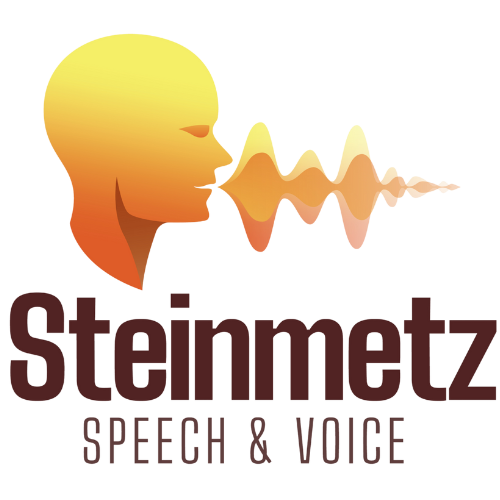
Auditory Processing Disorder
Auditory processing disorder affects how the brain interprets sounds, making it difficult to follow conversations, understand spoken directions, and distinguish subtle differences in speech. Individuals with APD may experience:
• Trouble recognizing small differences between sounds (e.g., “bat” vs. “pat”)
• Increased difficulty understanding speech in noisy environments
• Frequently asking for repetition of auditory information
• Struggling with reading, spelling, and comprehension skills
Despite having normal hearing, individuals with APD process sounds inefficiently, which can affect learning and communication. Therapy focuses on strengthening auditory discrimination, improving listening skills, and developing strategies to enhance speech comprehension. If you or your child struggle with auditory processing, schedule an evaluation to explore effective intervention strategies.
Auditory Processing Disorder

Auditory processing disorder affects how the brain interprets sounds, making it difficult to follow conversations, understand spoken directions, and distinguish subtle differences in speech. Individuals with APD may experience:
• Trouble recognizing small differences between sounds (e.g., “bat” vs. “pat”)
• Increased difficulty understanding speech in noisy environments
• Frequently asking for repetition of auditory information
• Struggling with reading, spelling, and comprehension skills
Despite having normal hearing, individuals with APD process sounds inefficiently, which can affect learning and communication. Therapy focuses on strengthening auditory discrimination, improving listening skills, and developing strategies to enhance speech comprehension. If you or your child struggle with auditory processing, schedule an evaluation to explore effective intervention strategies.